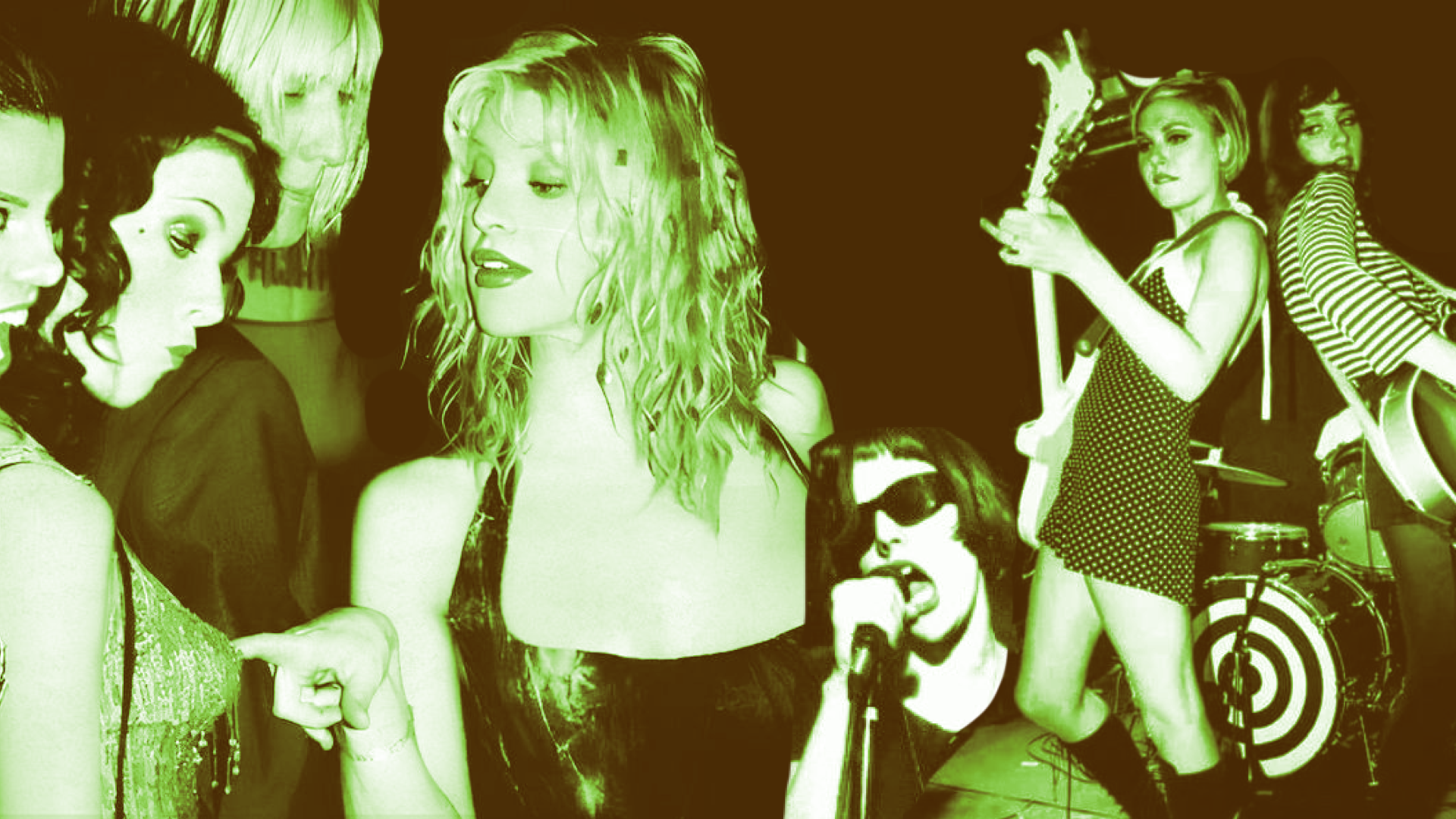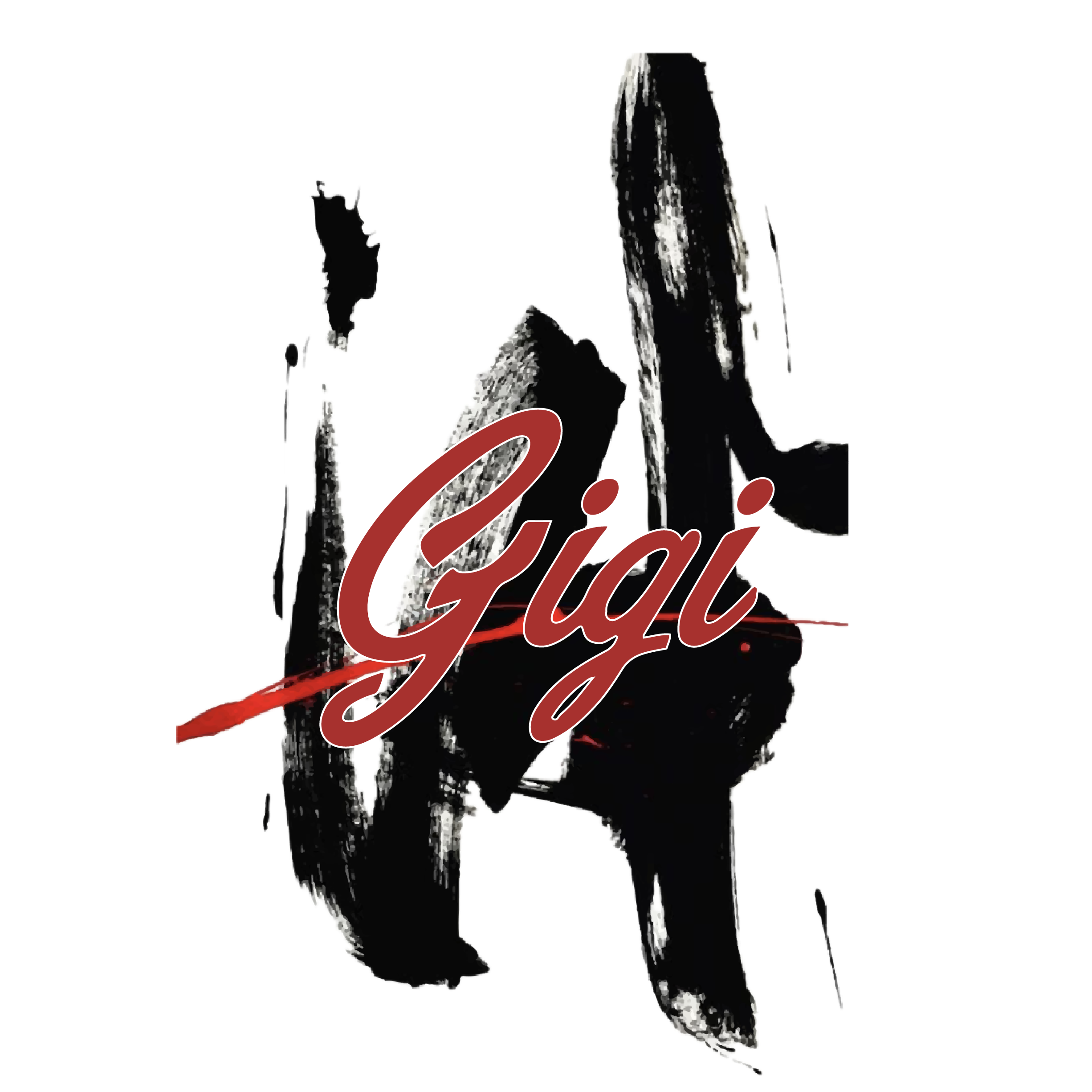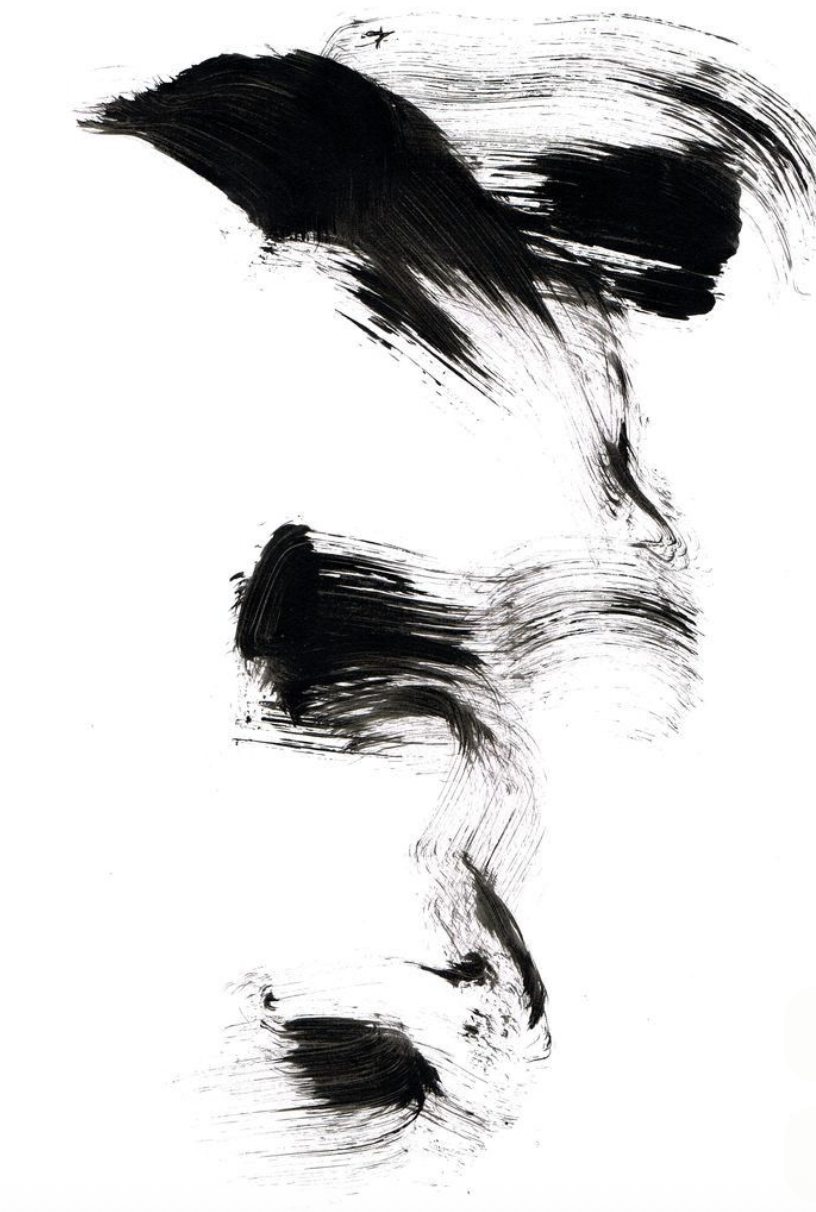Poly Styrene (X‑Ray Spex) – Proto-Riot Grrrl Visionary
Born Marion Eliot, Poly Styrene founded X‑Ray Spex in 1976 after feeling the pull of punk’s rebellion. Her debut single, “Oh Bondage, Up Yours!” became a feminist punk battle cry—calling out societal constraints.
Her 1978 album Germ Free Adolescents influenced Riot Grrrl's ethos with its focus on consumer culture, gender roles, and personal identity—especially in tracks like “Identity”.
Riot Grrrl Revolution (1990s)
A feminist punk explosion grounded in zines, activism, and fierce music—originating in Olympia, WA around 1991 . Spearheaded by Bikini Kill (Kathleen Hanna, Tobi Vail, Kathi Wilcox), the movement centered on "girls to the front", DIY publishing, and confronting issues like misogyny, sexual assault, and identity.
-
“Rebel Girl” (1993) served as an anthem of female solidarity and empowerment—one of the defining songs of the movement.
-
Bands like Bratmobile, Heavens to Betsy, Sleater-Kinney, and Huggy Bear emerged, expanding punk's feminist scope.
-
While Riot Grrrl had critiques—particularly around inclusivity—it left a lasting legacy, inspiring new generations like The Linda Lindas (2021) and influencing pop culture narratives like Netflix’s Moxie.
Here’s a refined dive into Courtney Love’s complicated relationship with the Riot Grrrl movement—its tensions, legacy, and ongoing dialogue:
Courtney Love & Riot Grrrl: Allies or Antagonists?
Courtney Love's band Hole was often branded alongside Riot Grrrl and feminist punk in the early ’90s. Their debut Pretty on the Inside (1991) featured raw, confrontational lyrics—enough that journalists tagged Hole as part of the movement, though Love herself rejected the label .
“Rock Star” – A Defiant Anthem
On Live Through This (1994), Hole released “Rock Star” (a.k.a. “Olympia”), which directly critiqued Riot Grrrl's perceived groupthink:
“Well I went to school in Olympia / And everyone’s the same…”
Love screams,
“Make me real, fuck you” .
Kathleen Hanna of Bikini Kill has explained this was a rebuttal to critics lumping Love into Riot Grrrl without her consent .
The Lollapalooza Punch Heard ‘Round Punk
In the summer of 1995 at Lollapalooza, Love punched Kathleen Hanna backstage—Hanna later describing the moment as a “cold clock” .
Tensions ran deep: Love accused Riot Grrrl of “sameness,” while Hanna regarded Love as a “fake feminist.” In Rebel Girl, she writes she “doesn’t need that person in her life” .
Hole: Gateway to Riot Grrrl
Despite the feud, many regard Hole—and Love—as a bridge into Riot Grrrl. While not a core member, her provocative tone in Live Through This channeled themes central to the movement—abuse, identity, societal pressure .
Legacy & Reflection
| Perspective | Summary |
|---|---|
| Courtney Love | Felt pigeonholed by Riot Grrrl labels; resisted conformity with unapologetic feminism |
| Riot Grrrl Voices | Hanna and others viewed Love as problematic and divisive within the movement |
| Critic Views | Many see Hole as amplifying feminist punk in mainstream alt-rock, while also complicating its legacy |
Dive Deeper
-
Songs: “Rock Star,” Beautiful Son, Violet, Miss World – tracks tackling identity, exploitation, and rebellion
-
Read: Rebel Girl: My Life as a Feminist Punk by Kathleen Hanna
-
Watch: Not Bad for a Girl (1995) documentary featuring Hole and Riot Grrrl acts
-
Context: Explore Riot Grrrl’s roots and ethos through zines, compilations, and archival interviews
Final Take
Courtney Love’s presence in 1990s feminist punk was both influential and controversial. She challenged the Riot Grrrl narrative from within—sometimes violently—but also sparked mainstream attention for feminist punk themes. Whether embraced or rejected by Riot Grrrls, Love remains a polarizing figure who forced critical conversations about feminism, authenticity, and punk identity.


